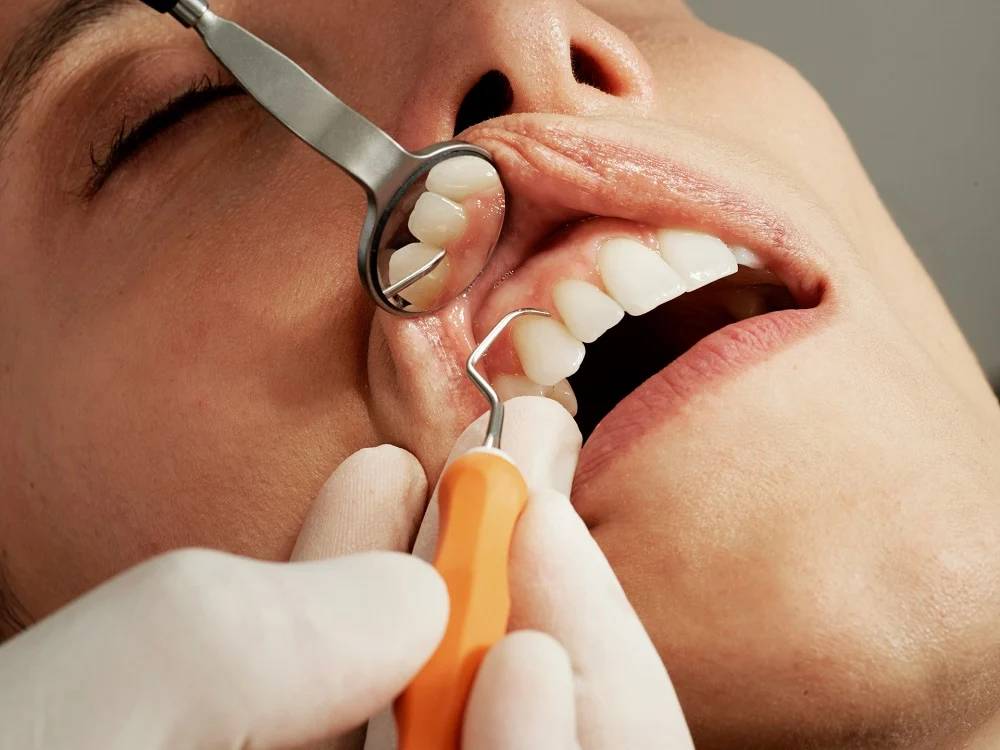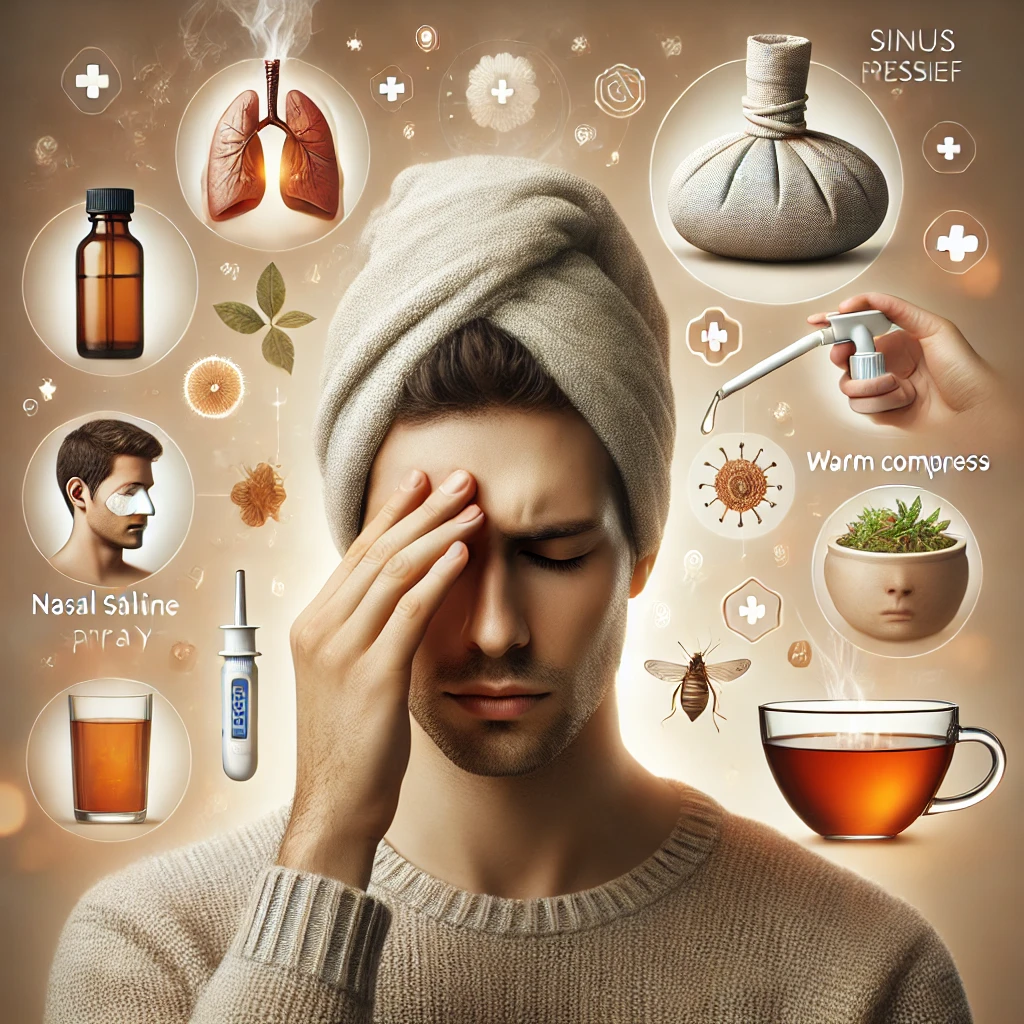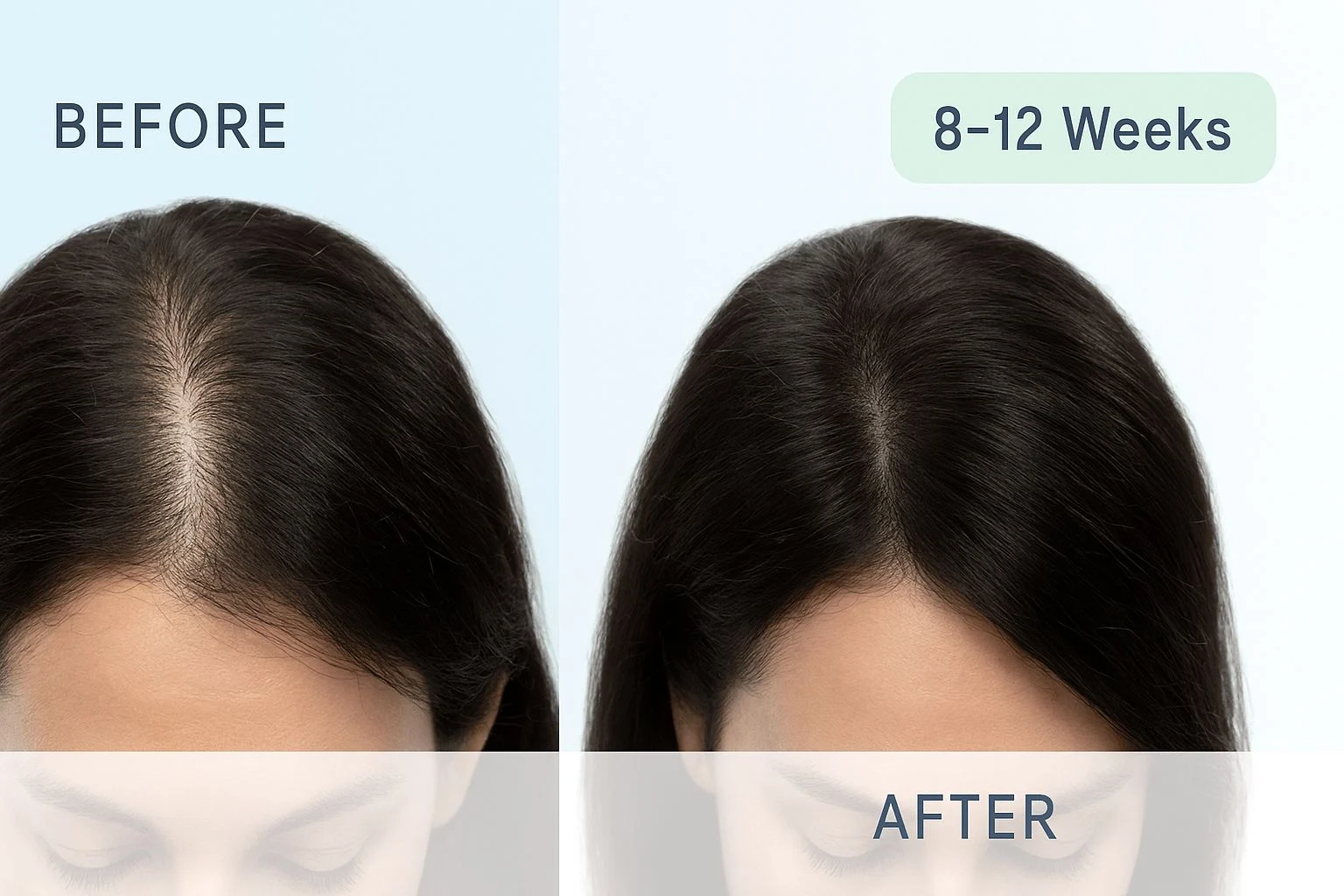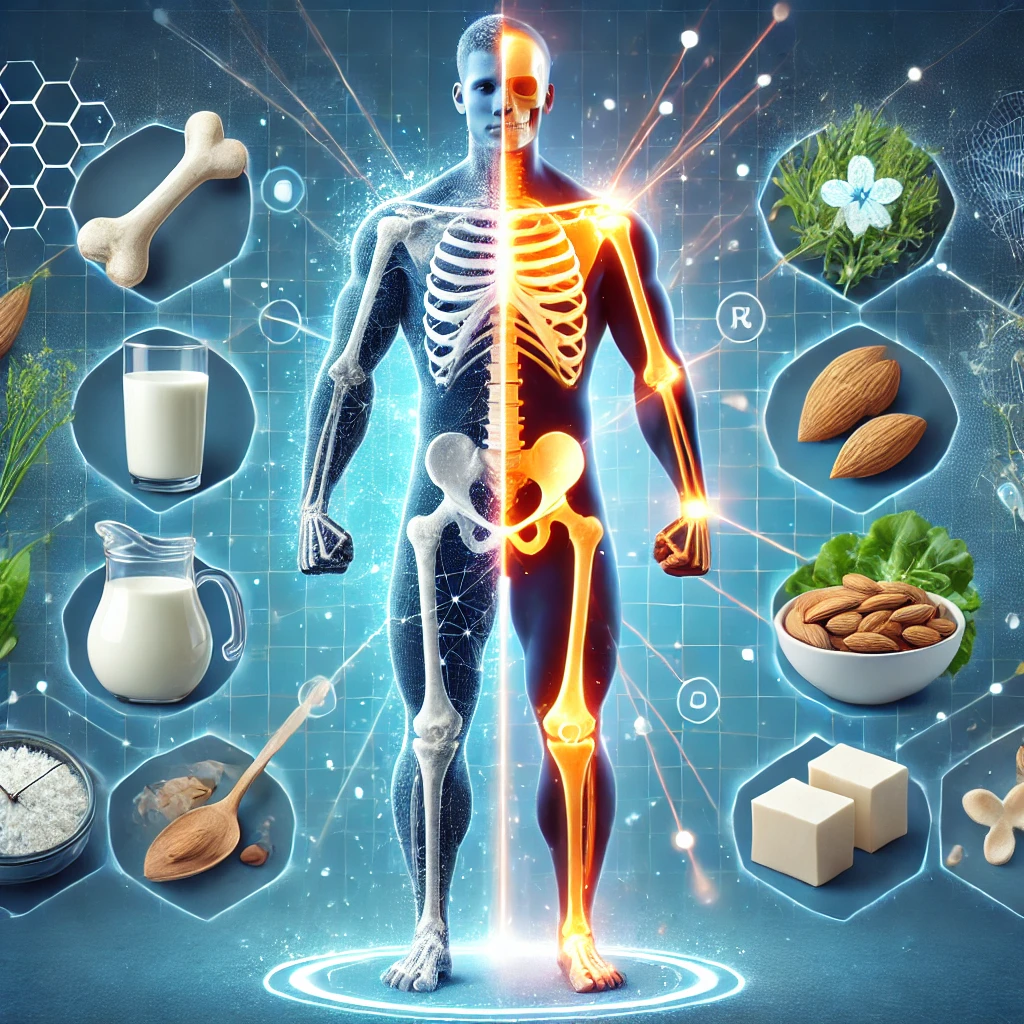If you’ve ever brushed off a small toothache as “no big deal,” you might want to think again. Especially because it has been proved that a tooth cavity isn’t just a local problem—it can influence your entire body, including how efficiently your muscles recover after working out.
The connection between tooth caries and muscle performance is deeper than most people realize, and new research is starting to uncover just how impactful it can be.
We are avoiding sounding panicky, but a hidden tooth cavity’s side effects could be the missing piece in your fitness plan. Let’s uncover how a small decay in your tooth can ripple through your body’s systems and slow down your progress.
The Link Between Oral Health and Muscle Recovery
A tooth cavity, a tiny hole in your enamel, is essentially a bacterial infection. When oral bacteria like Streptococcus mutans penetrate the inner layers of a tooth, they trigger inflammation.
And as you may already know, inflammation doesn’t stay isolated; the body is a complete system. One failure can trigger a cascade effect. In this case, it can spread through your bloodstream and interfere with your body’s natural mechanisms, like muscle repair.
Scientific reviews, including one published in MDPI’s Healthcare Journal (2023), show that oral inflammation elevates systemic cytokines such as IL-6 and TNF-alpha—compounds known to delay tissue healing and protein synthesis. What’s happening is that the body prioritizes fighting infection over rebuilding muscle fibers. The connection between tooth caries and muscle growth is a real deal.
Having strong muscles is good for everyone, but athletes rely more on it for sure. Poor dental health can cause a negative impact on their performance through pain, systemic inflammation, and reduced focus.
How Inflammation Affects Muscle Protein Synthesis
Muscle recovery depends on the balance between muscle breakdown (from exercise) and protein synthesis (for repair). Chronic oral infections disrupt this balance. Elevated inflammatory markers from untreated dental caries can decrease anabolic hormone sensitivity, especially insulin and IGF-1, which are crucial for muscle growth.
A 2024 PubMed study found that athletes with untreated cavities or gingivitis could suffer from systemic inflammation, which may, in turn, affect muscle recovery and performance. That’s comparing them with healthy gums after intense workout sessions. Again, tooth caries and muscle recovery show a correlation.
With time, this could lead to 61% lower muscle strength—even with the same amount of muscle mass. Moreover, 51% higher odds of sarcopenia were detected based on basic conditions.
Actionable step: If you’re training regularly, schedule dental checkups every 6 months. Preventing infection before it starts helps your body stay focused on muscle repair, not bacterial battles.
The Systemic Effects of Dental Caries and Oral Health
When bacteria from a cavity enter your bloodstream, they can travel to distant organs and tissues. This process, known as bacteremia, can trigger widespread low-grade inflammation.
Inflammation is a natural immune response. It helps us to stay alert to what’s happening in an area but also is a mechanism to trap germs or toxins and start healing injured tissue. But a general state of inflammation is a bad sign. Your muscles, but also your cardiovascular system, joints, and even your metabolism are suffering, and they don’t know why, so they perform lower than expected.
According to research in ScienceDirect (2023), the systemic effects of dental caries are associated with increased oxidative stress and mitochondrial dysfunction—both crucial factors in muscle fatigue and recovery. Essentially, your cells spend more energy fighting off infection than restoring tissue; a direct connection between tooth caries and muscle growth, or any other infection.
Here’s where it gets even more fascinating: your jaw alignment and bite—known as dental occlusion—can directly influence your muscle balance and posture. No need to have caries, even benign “healthy” you could have a problem.
Studies have shown that even slight misalignments caused by cavities, tooth loss, or improper dental work can alter neck, shoulder, and back muscle tension.
A 2022 Clinics Journal study observed that correcting occlusal imbalances in athletes improved reaction time, muscle strength, and postural stability. That means a dental issue might slow muscle recovery and impair overall performance.
The Inflammatory Chain Reaction
- Cavity forms → bacteria invade deeper tissue.
- Local inflammation → immune response activates.
- Systemic inflammation → cytokines enter circulation.
- Mitochondrial stress → less efficient energy production.
- Muscle fatigue and delayed recovery → your workout results plateau.
That’s why many athletes and active individuals now consider dental health as important as sleep or nutrition in their recovery protocols.
It’s not just a matter of pain and focus; tooth caries and muscle connection it’s a real, measurable issue that you might be unaware of.
How to Prevent a Chain Reaction
Good oral hygiene habits go beyond a bright smile; they could be performance enhancers. Brushing, flossing, and maintaining hydration reduce the risk of oral bacteria proliferation. Bacterial growth accelerates decay and inflammation. So, having proper oral health can help you even if you already see a caries.
Visiting a dental care specialist is not superficial or aesthetic-related, as some may think. Going for a routine check at least twice a year can prevent real problems with palpable consequences on your body.
If you find yourself having a recurrent issue with cavities, maybe you want to improve your calcium intake.
Why You Should Care (Even If You’re Not an Athlete)
You don’t have to be a bodybuilder or marathon runner to experience the effects of poor oral health in your muscles. In fact, it may be even worse for you, since a regular person is doing less to preserve muscle and growth strength.
The same inflammation that slows muscle repair can worsen joint pain, increase fatigue, and weaken immunity. Chronic infections drain your energy reserves, which are essential for daily movement and overall vitality. The tooth caries and muscle recovery relation is something you want to look at.
Actionable step: Treat your oral hygiene like your daily workout—non-negotiable. Keep a small dental kit at work or in your gym bag so you never skip brushing or flossing.
Even One Small Cavity Can Slow You Down
The next time you notice a small cavity or gum irritation, remember it’s not only about your teeth. It’s about your entire body’s ability to heal, recover, and perform at its peak. Science is clear about this: oral inflammation doesn’t stay in your mouth. It travels and interferes with other organs and systems.
To guard that tooth caries and muscle recovery relationship, schedule your dental checkups soon enough, keep your mouth clean, and pay attention to how your bite feels. The key to stronger muscles and faster recovery could be your toothbrush and not expensive amino acids and vitamin complexes.








